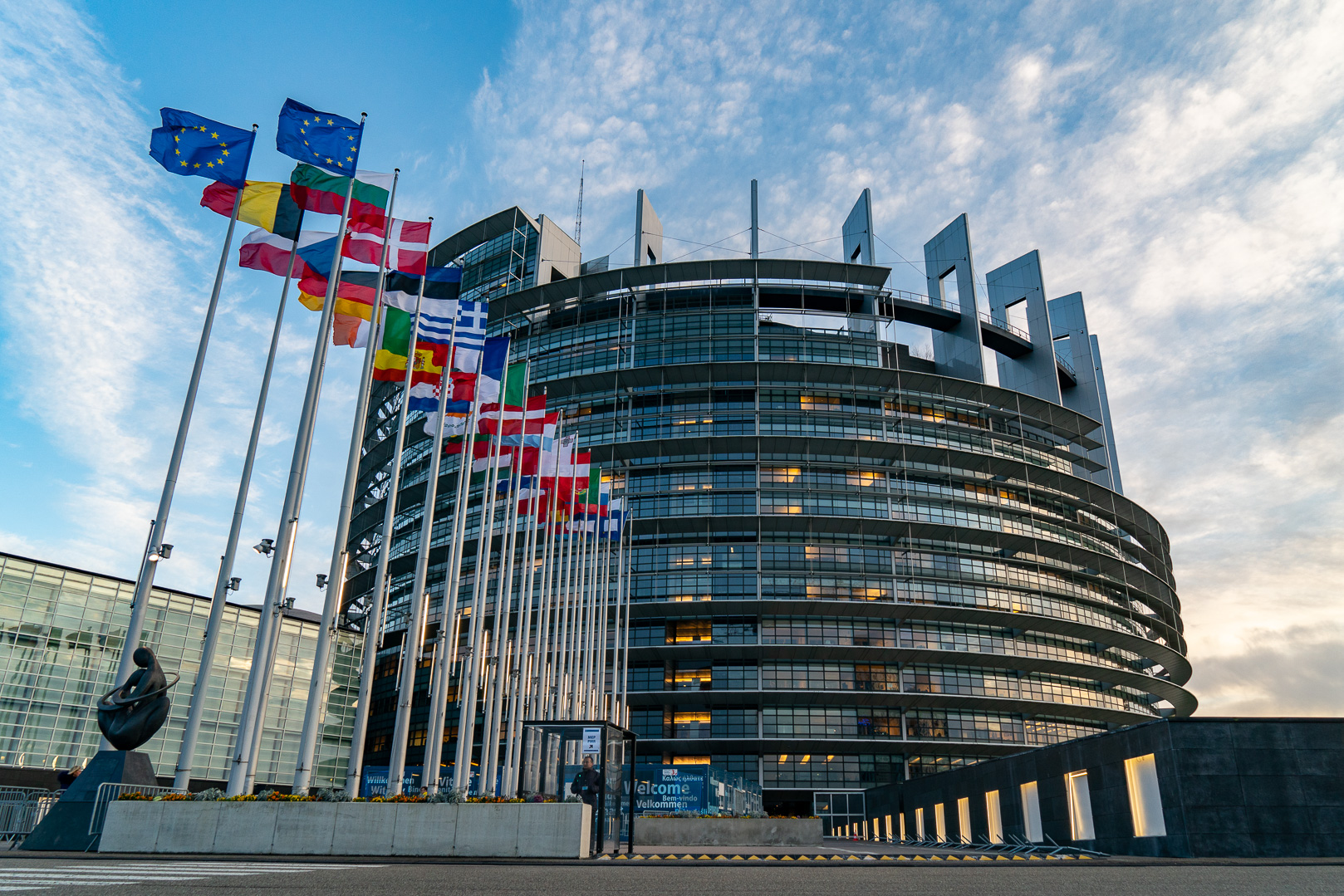The World Health Organisation (WHO) has said that after recorded COVID cases have declined for a fifth consecutive week, what now matters is the world’s response to the trend.
Discussing the COVID global outlook on Monday, the WHO director-general, Tedros Ghebreyesus said that the downward trend shows that “simple public health measures work”.
So far this year, the number of weekly reported cases has fallen by almost half, from more than five million cases in the week of 4th January to 2.6 million cases in the week starting 9th February, which marked the lowest number of weekly reported cases since October.
Dr Ghebreyesus warned against complacency, however, saying that “the fire is not out”, and “if we stop fighting it on any front, it will come roaring back.”
He also celebrated the vaccine rollout, saying the WHO’s emergency listing of two versions of the AstraZeneca vaccine, that will be produced in India and the Republic of Korea, gives “even more reason to be hopeful of bringing the pandemic under control”.
Looking to the future, he reiterated that vaccine production needs to be scaled up, and called for vaccine developers to continue to submit their dossiers to WHO for review, at the same time as they submit them to regulators in high-income countries.
Addressing concerns over vaccine safety, Dr Ghebreyesus said: “in the past year, we have seen the real harm that can be caused when people are overwhelmed by information, misinformation and disinformation.”
However, he believes the answer to this problem “is not just to fight misinformation and delete false or misleading statements”, but rather “to listen to the real concerns and questions people have, and to answer those questions with good information.”
Dr Ghebreyesus also COVIexpressed concern about outbreaks of Ebola in Guinea and the Democratic Republic of the Congo, which are unrelated, but pose similar challenges.
Comparing COVID and Ebola, he said that “both thrive on misinformation and mistrust. But both can be stopped with proven public health measures, engaged communities, accurate information and vaccines.”
In Malta, reported COVID cases are largely stable, with active cases having declined since their 19th January peak, from 2,835 to 2,340 on 15th February.
Ryanair cuts Malta link to Serbia’s Niš
The low-cost airline is slashing some major routes in Germany, Spain, Belgium, Portugal and Malta
Event tourism is the standout travel trend for 2026 – How will Malta fare?
The global tourism market is booming, and events are leading the way
EU Parliament agrees on common system to calculate corporations’ taxable income
The reform is designed to replace today’s patchwork of national tax rule






